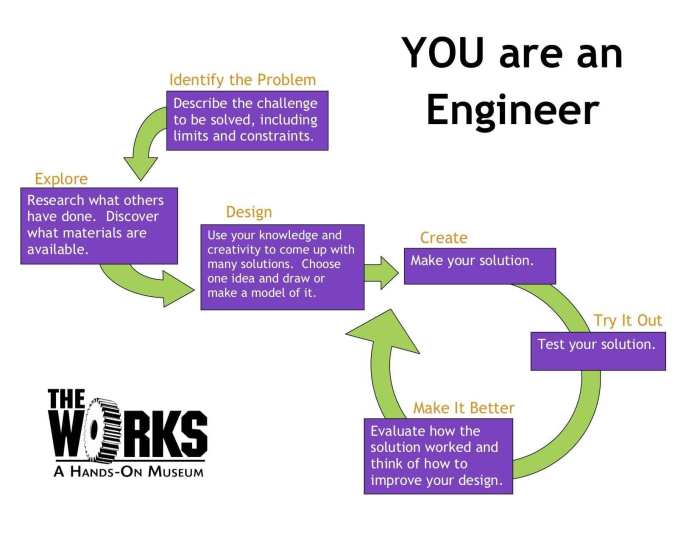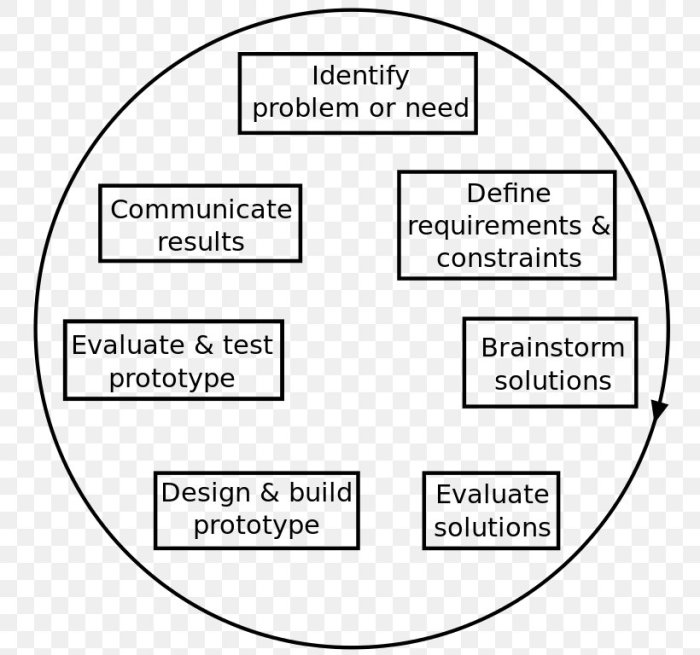Campaigning it’s a process worksheet answers – Embark on a journey through the intricacies of political campaigning with our comprehensive worksheet answers, “Campaigning It’s a Process.” This guide unveils the fundamental principles, key stages, and diverse channels employed in successful campaigns.
From strategic planning to candidate considerations, fundraising techniques, and voter engagement strategies, our answers delve into every aspect of the electoral process. Discover the secrets of crafting compelling campaign messages, managing resources effectively, and building strong relationships with the media.
Campaigning: A Process

Campaigning is a strategic and multifaceted process that involves planning, organizing, and executing strategies to influence public opinion and achieve electoral success. It entails a comprehensive approach that encompasses various stages, channels, and methods to engage voters, deliver campaign messages, and mobilize support for a candidate or political cause.
Planning and Strategy
Campaign planning is the foundation of a successful campaign. It involves identifying the target audience, developing a compelling message, and outlining a strategic roadmap. Target audience identification is crucial for tailoring campaign messages and strategies to resonate with specific demographics, interests, and values.
Candidate Considerations
The candidate plays a pivotal role in the campaign. Key qualities include charisma, leadership, integrity, and a clear vision for the future. Candidate image and reputation can significantly impact public perception and electoral outcomes.
Fundraising and Resource Management
Campaign fundraising is essential for securing the resources necessary to run an effective campaign. Various methods include individual donations, political action committees (PACs), and grassroots fundraising. Budget management is crucial to ensure efficient use of resources and compliance with campaign finance laws.
Campaign Organization and Management, Campaigning it’s a process worksheet answers
A well-organized campaign is essential for smooth operations. The organizational structure Artikels the roles and responsibilities of campaign staff, including the campaign manager, communications director, and field organizers. Effective communication and coordination are vital for aligning efforts and ensuring a cohesive campaign.
Voter Engagement and Mobilization
Voter engagement and mobilization are key to electoral success. Strategies include voter outreach, community events, and social media engagement. Leveraging social media and technology can amplify campaign messages and mobilize supporters.
Media Relations and Public Relations
Media relations are crucial for shaping public perception and disseminating campaign messages. Building positive relationships with media outlets can ensure fair and accurate coverage. Different types of media coverage, such as news articles, interviews, and debates, can significantly impact public opinion.
Election Day Operations
Election Day operations are the culmination of the campaign. Key logistical considerations include securing polling places, training poll workers, and ensuring voter turnout. Election security and integrity are paramount to maintain the legitimacy of the electoral process.
FAQ: Campaigning It’s A Process Worksheet Answers
What are the key stages involved in a political campaign?
Our worksheet answers Artikel the essential stages of a campaign, including planning, candidate selection, fundraising, voter outreach, and election day operations.
How can I develop a compelling campaign message?
Our guide provides insights into crafting effective campaign messages that connect with voters on an emotional level and clearly articulate your platform’s key points.
What are the ethical considerations in campaign fundraising?
Our answers address the legal and ethical implications of campaign fundraising, ensuring that you conduct your financial operations with integrity and transparency.
